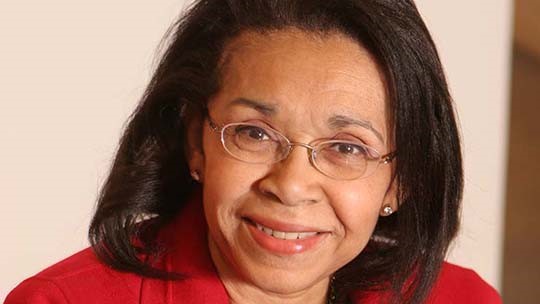
By Shirley M. Malcom
August 10, 2022
Vannevar Bush’s Science, the Endless Frontier report has been invoked, quoted and misquoted, poked and dissected many times since its release in the summer of 1945, often to highlight its influence on science policy and its call for federal funding to be directed to the research enterprise through the nation’s universities. The report bears rereading—not only to appreciate Bush’s vision, but also to consider how that vision has been tested as it met the societal and political realities of the past 75 years. And, reading it with a different lens, I have found the report compelling for its messages on education and talent development, causing me to reflect on Bush’s general failure to envision how diversity, equity, and inclusion apply within that endless frontier.
In rereading the document, I was struck once again by the fact that Bush gave equal billing to setting up the infrastructure to support research and to addressing what one might call “people issues.” One of the four advisory committees that Bush established was devoted to talent discovery and development. This 14-person, all-male committee considered many approaches, including drawing talent to science via scholarships for promising students and mobilizing talent through the education of returning veterans. Both of these worthy paths would carry hidden barriers to diversity in science, technology, engineering, and mathematics (STEM). The extraordinary expansion of higher education that resulted from the GI Bill, for instance, almost exclusively benefitted male veterans, with schools generally preferring to admit male students and many women’s colleges admitting men for the first time. At the same time, students and veterans of color saw their opportunities restricted by limited access to high-quality K–12 education and the racism of Jim Crow laws mandating segregation in education and elsewhere.
Read more:
https://issues.org/united-states-scientific-institutions-diversity-malcom/
Shirley M. Malcom is the director of SEA Change, an institutional transformation initiative at the American Association for the Advancement of Science.